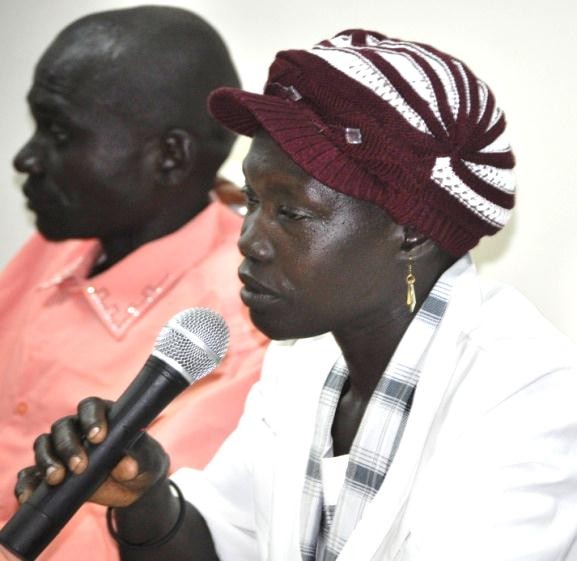
Pregnancy should bring joy, but in Western Equatoria State, it often causes sadness because of the high rate of maternal mortality, said Minister for Health John Bono during a May 2013 forum on how to prevent excessive bleeding among women during delivery.
The forum was organized to learn lessons from a USAID-funded pilot study on post-partum hemorrhage prevention and management in Western Equatoria's Maridi and Mvolo Counties.
South Sudan has the highest maternal mortality rate in the world. An estimated 34 percent of women die while giving birth in the country as a result of post-partum hemorrhage.
The pilot study, started in September 2012, utilized misoprostol, a medicine that is self-administered or administered by community attendants for the prevention and management of excessive bleeding during childbirth.
Two women who participated in the pilot study and used misoprostol testified at the forum about their experience. Susan Emmanuel, who is in her early 30s, said, "During my first childbirth I bled a lot, but when I took the medicine, I stopped bleeding. I was strong. I recommend the medicine to all pregnant women."
Another beneficiary, Mary Konyo, who is in her mid-30s, cautioned that expectant mothers should not deliver at home without an attendant. "They should go to a health clinic for safe delivery," she said. Most rural women in South Sudan deliver at home without the help of a midwife or birth attendant, often resulting in complications, causing the death of mother and baby.
"Reducing maternal mortality is a top priority, if not the number one priority, for the Government of South Sudan, and the Ministry of Health—and for the U.S. Government as well," said USAID health team leader Vikki Stein.







Comment
Make a general inquiry or suggest an improvement.